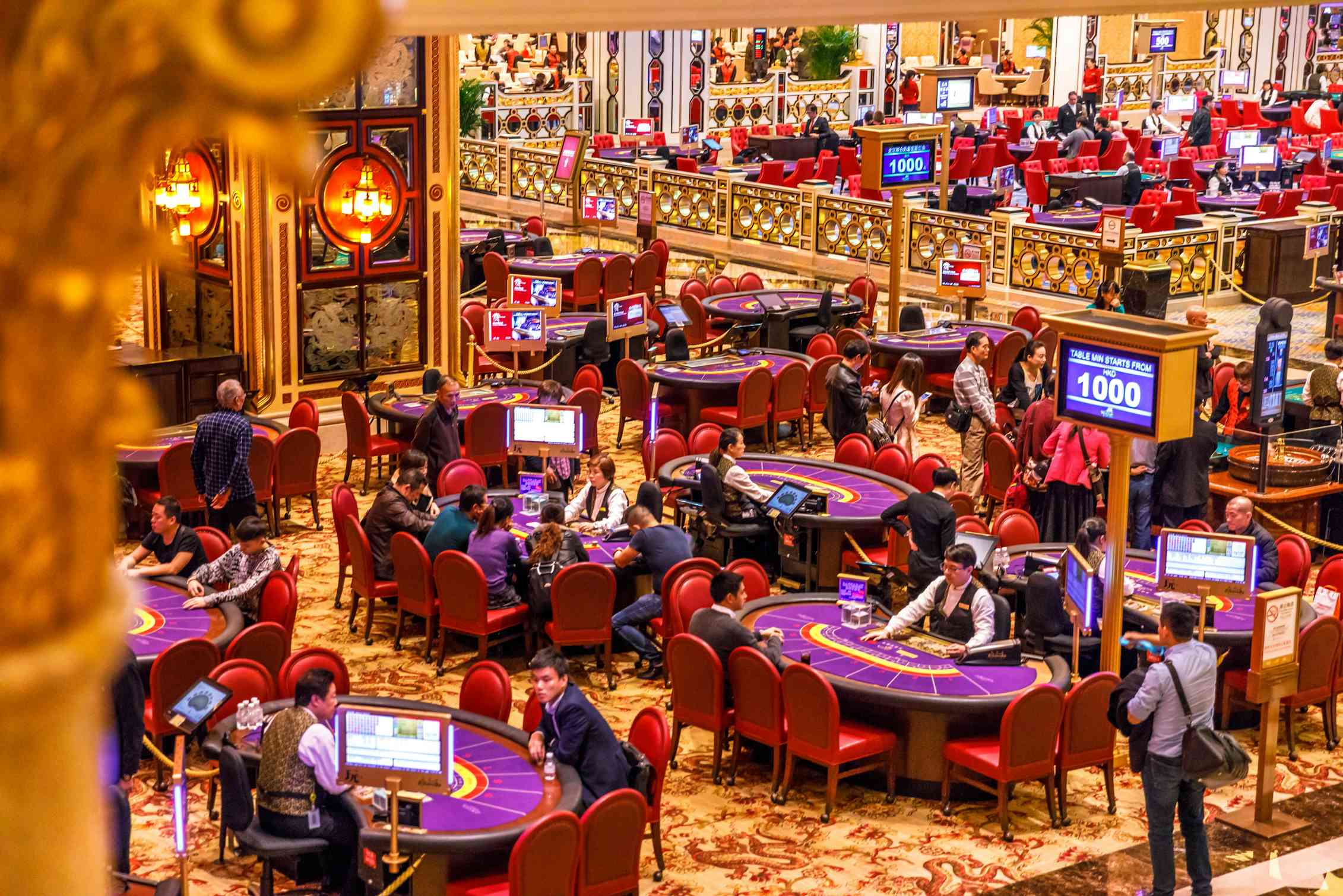Gambling in casinos has long been a subject of interest and debate, drawing in millions of players around the world. With a mix of chance, skill, and the thrill of risk, casino games offer an exciting escape from everyday life. However, as entertainment becomes ever more available, it calls for a deeper examination of the ethical implications surrounding these games.
At the heart of the debate lies the issue of whether casinos promote responsible gaming or take advantage of at-risk individuals. The appeal of potential winnings versus the truth of losses can create a complex dynamic, and understanding this balance is crucial for both players and operators. As we delve into the morals of casino gaming, we will explore the responsibilities of casinos, the impact on society, and the measures that can be taken to foster a better gaming environment.

The Impact of Casino Gaming on Society
Gambling in casinos has a significant influence on societal dynamics, affecting not only the financial landscape but also social behaviors and community structures. The funds generated from casinos can lead to job creation and boost regional economies, as they provide multiple employment opportunities in multiple fields including hospitality, leisure activities, and retail. However, while the economic advantages can be significant, communities often struggle with the potential negative impacts that arise from increased gambling activity.
Additionally, the presence of casinos can lead to an increase in gambling addiction, presenting serious challenges for players and families. The excitement of casino games can quickly transform into a compulsive habit, affecting personal relationships and leading to monetary issues. Many players may struggle with the loss of control over their gambling habits, resulting in a need for assistance programs and help to address this growing issue. The social cost of addiction can extend through kinships and neighborhoods, creating an urgent need for responsible gaming initiatives.
In addition to the economic and social ramifications, casino gaming often reflects cultural attitudes towards risk and entertainment. It can foster a sense of excitement and leisure, attracting visitors and boosting local travel. However, this allure may also mask the wider implications of gambling as a method of entertainment, raising ethical questions about its advertisement and accessibility. As communities weigh the advantages and disadvantages of casino gaming, the need for responsible practices and regulation becomes increasingly critical in ensuring that the beneficial elements are enhanced while reducing the negative effects.
Ethical Issues in Betting Practices
The ethics of gambling operations often revolve around the risk for addiction and its effects on people and families. Betting can lead to serious monetary distress, impacting not only the gamblers but also their families. As people become caught in the allure of winning, many lose track of their budget, which can result in devastating results such as bankruptcy. This raises moral questions about the responsibility of gambling establishments in promoting responsible gaming habits and offering support for those who may be struggling with gambling addiction.
Another major concern is the promotion of gambling to vulnerable groups. Casinos often aim at low-income people or neighborhoods with the offer of fast rewards, which can continue cycles of poverty and despair. 188bet In this context, the morality of marketing strategies used by gambling establishments come under scrutiny, as they may exploit the need of individuals seeking an way out from economic troubles. This exploitation raises ethical questions about the integrity of the gambling industry and its obligation to safeguard its most vulnerable patrons.
Additionally, the effect of casino gaming on society as a entirety cannot be ignored. While some argue that casinos create employment and boost local economies, others point to the social costs associated with dysfunctional betting, increased criminal rates, and a burden on public services. Balancing economic benefits with the potential for community issues presents a challenging moral dilemma for policymakers and casino operators alike. The challenge lies in discovering a responsible approach that prioritizes the well-being of individuals and society while still allowing for the enjoyment of casino gaming.
Regulatory System and Obligations
The oversight system pertaining to gambling activities is developed to ensure fairness, honesty, and gambler safety. Multiple government entities and gambling commissions establish and implement regulations that dictate how casino operations function, the guidelines for product creation, and the protocols for handling rewards. These regulations vary by jurisdiction but commonly involve licensing requirements for providers and rigorous measures to prevent cheating and dishonesty.
In also to regulatory bodies, gaming establishments bear considerable duty in maintaining ethical standards within their establishments. They must enforce responsible gambling practices that support player security and education, including presenting self-limitation options and offering information about the risks connected to betting. Casinos are also responsible for instructing workers to identify signs of difficult gaming and be aware of the proper steps to assist patrons in trouble.
Furthermore, transparency in gambling operations is crucial for gaining and maintaining public confidence. Gaming establishments should provide clear details about the odds of activities, advertising deals, and any associated dangers. By fostering an culture of transparency and accountability, operators can help lessen the likelihood negative impact of betting while enhancing the complete betting experience for all players.